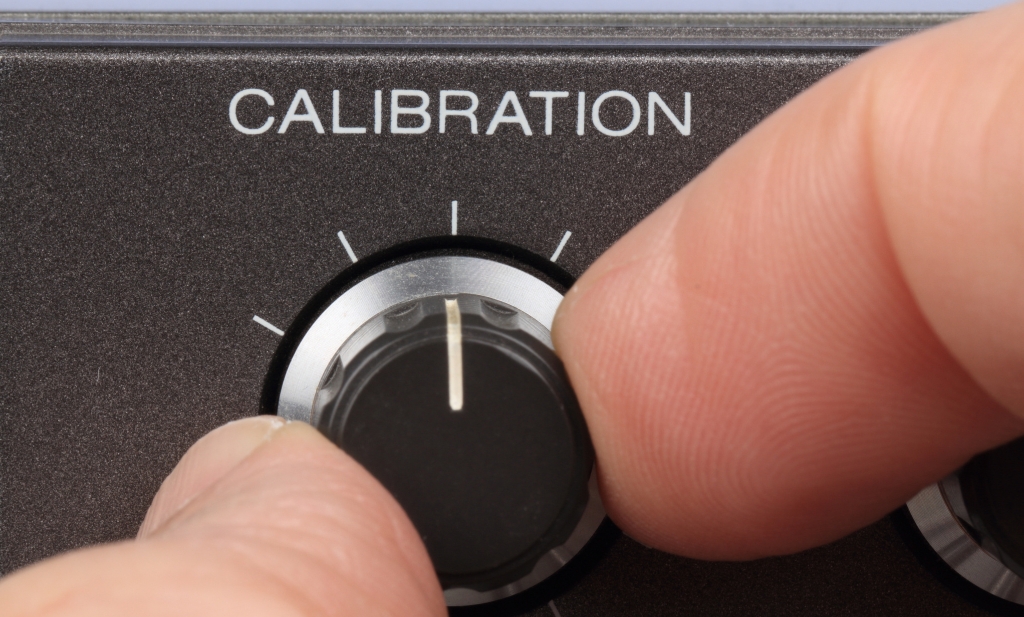- March 30, 2023
- by Emmanuel
- Calibration
In an industry where data and measurements are primary considerations in daily work, costly equipment is required to ensure accurate and reliable readings. Some people even go so far as to say that scientists are only as good as their tools. As a result, ensuring that your equipment provides accurate readings is critical to your business.
Producing reliable and accurate data is critical because many fields rely on it. This is where equipment calibration comes into play. What exactly is calibration? Calibration is the process of evaluating and adjusting your equipment to ensure precise and consistent results.
In this blog, we will go over some of the most common indicators that your equipment needs to be calibrated, as well as the various types of calibration and which types of equipment are best for each.
1. It is due (Your Schedule Says So):
One of the most common indications that your equipment requires calibration is when your schedule specifies it. It is standard procedure to have your equipment calibrated not only upon purchase but also annually, just as you would have your car inspected. However, this can vary greatly depending on the industry and how the equipment is used. Because of their role and direct impact on quality, some industries and equipment may require calibration more frequently than others.
If your company is certified by a specific industry-standard agency, such as the International Organization for Standardization, this is a great example (ISO). If this is the case, you may be required to follow guidelines for how frequently your equipment must be calibrated, and failure to do so may result in the loss of your certification.
2. Damage/Repairs:
It’s always a good idea to have your equipment calibrated after it’s been damaged or recently repaired, even if the damaged or repaired area wasn’t close to the measurement area. Why? Damage and repairs can unintentionally cause other internal problems or changes. For example, when repairing a piece of equipment, a sensor may be accidentally bumped, or if a tool or gage is dropped, the calibration may be thrown off. Overall, whenever a piece of equipment is damaged or repaired, it is best to take precautions to ensure accurate results and measurements.
3. Your measurements are inconsistent:
Inconsistent and poor results are probably the second most common indication that your equipment needs to be calibrated. Products that do not meet specifications or machinery that does not operate as intended are two of the most common occurrences in this category. Unexpected outcomes may occur from time to time, so keep an eye out for results that consistently fall outside of specifications.
A great way to combat this is to consistently check and recheck the instrument readings, as well as the quality and specifications of the final products. Overall, if you notice a result that is even slightly out of the norm, especially over time, having your machine calibrated is never a bad idea.
4. It was requested by the customer.:
Customer requests are another reason why equipment must be calibrated. Customers may request that your equipment be calibrated to ensure that they are receiving accurate results, depending on your industry and the services you provide. This will not only help you deliver accurate results for the current customer, but for many more to come. It can also serve as a preventative measure, assisting you to avoid outlier results or catching results that are just outside of the norm. While this is a relatively uncommon reason for equipment calibration, it is something you should be aware of.
Your Calibration Schedule Will Be Managed by Gulf Coast Calibration
Are you looking for calibration services, or is your equipment producing out-of-the-ordinary results? If so, you’ve come to the right place. Gulf Coast Calibration has over 42 years of experience and has grown to become one of the best weighing equipment and calibration companies in the Gulf Coast Region. Our calibration services, which cover equipment in a variety of industries, are provided through our in-house laboratory or on-site at our customers’ facilities.
We take quality very seriously because our clients rely on us to help them provide quality products and services to their customers. As proof of our quality, we are registered and accredited by ISO/IEC 17025, and our calibrations are performed using NIST-traceable standards.
Call us to discuss your calibration, test or repair needs at:
713.944.3139.



